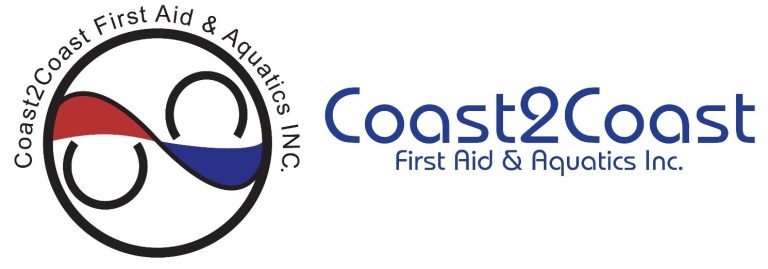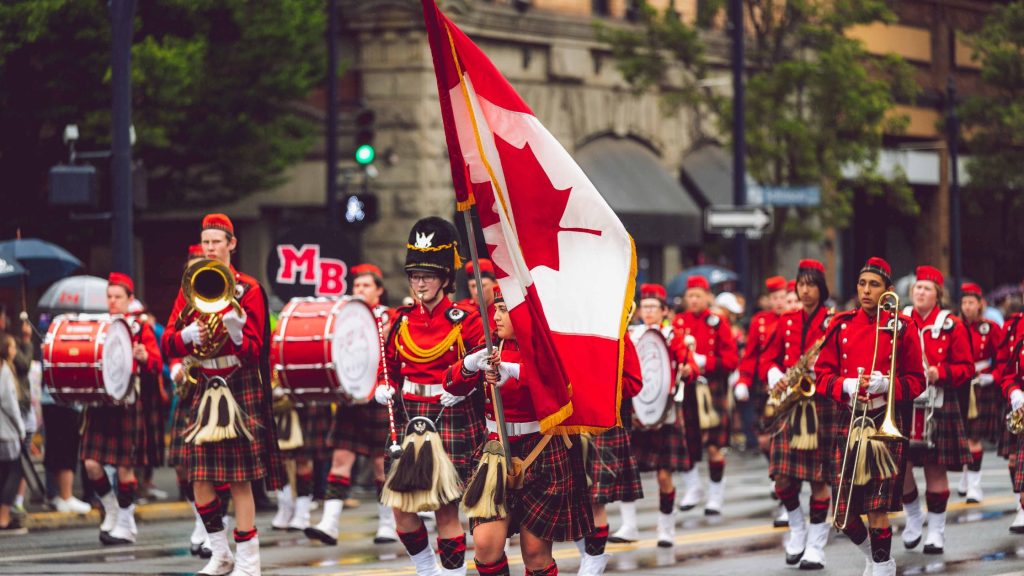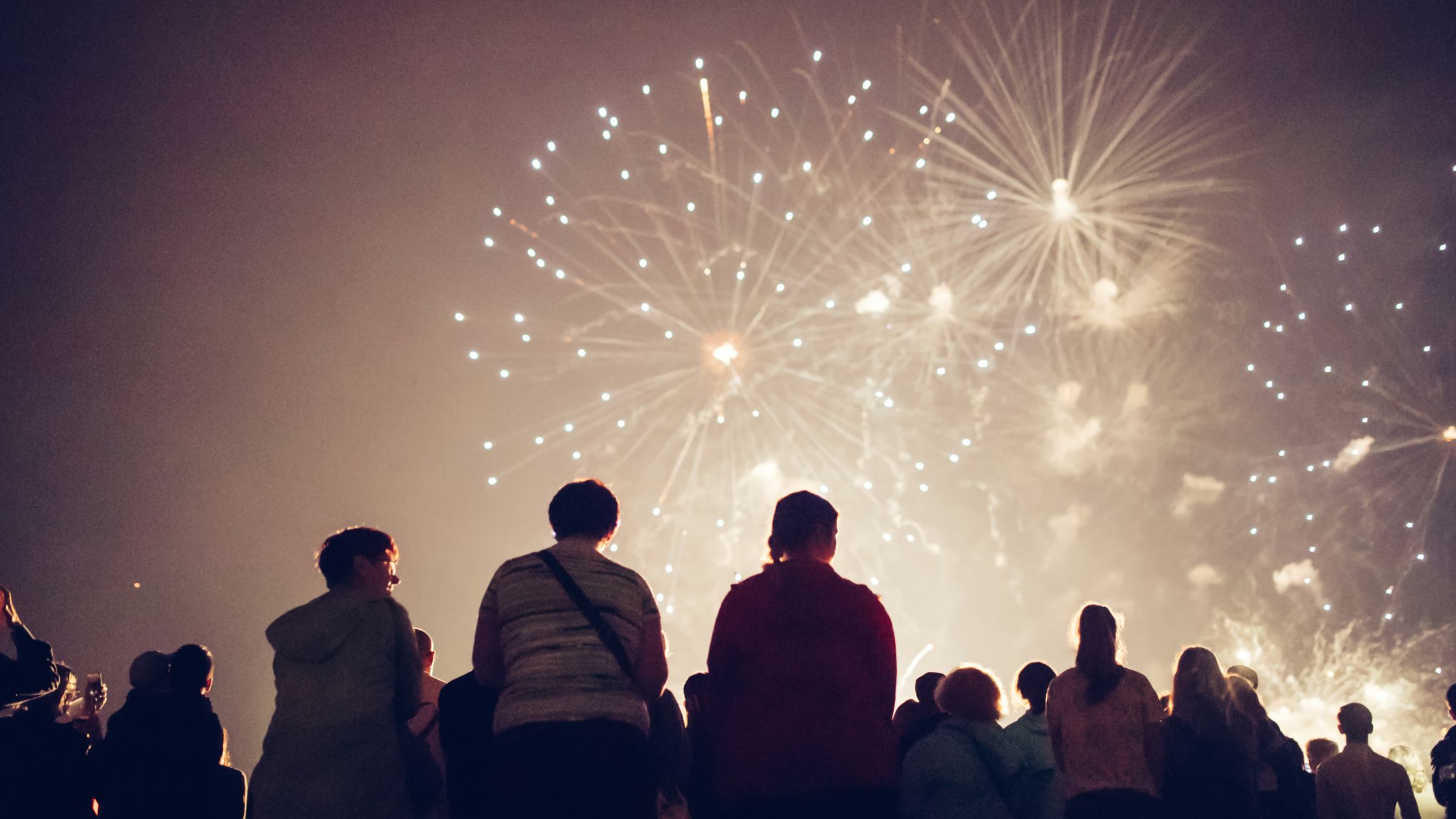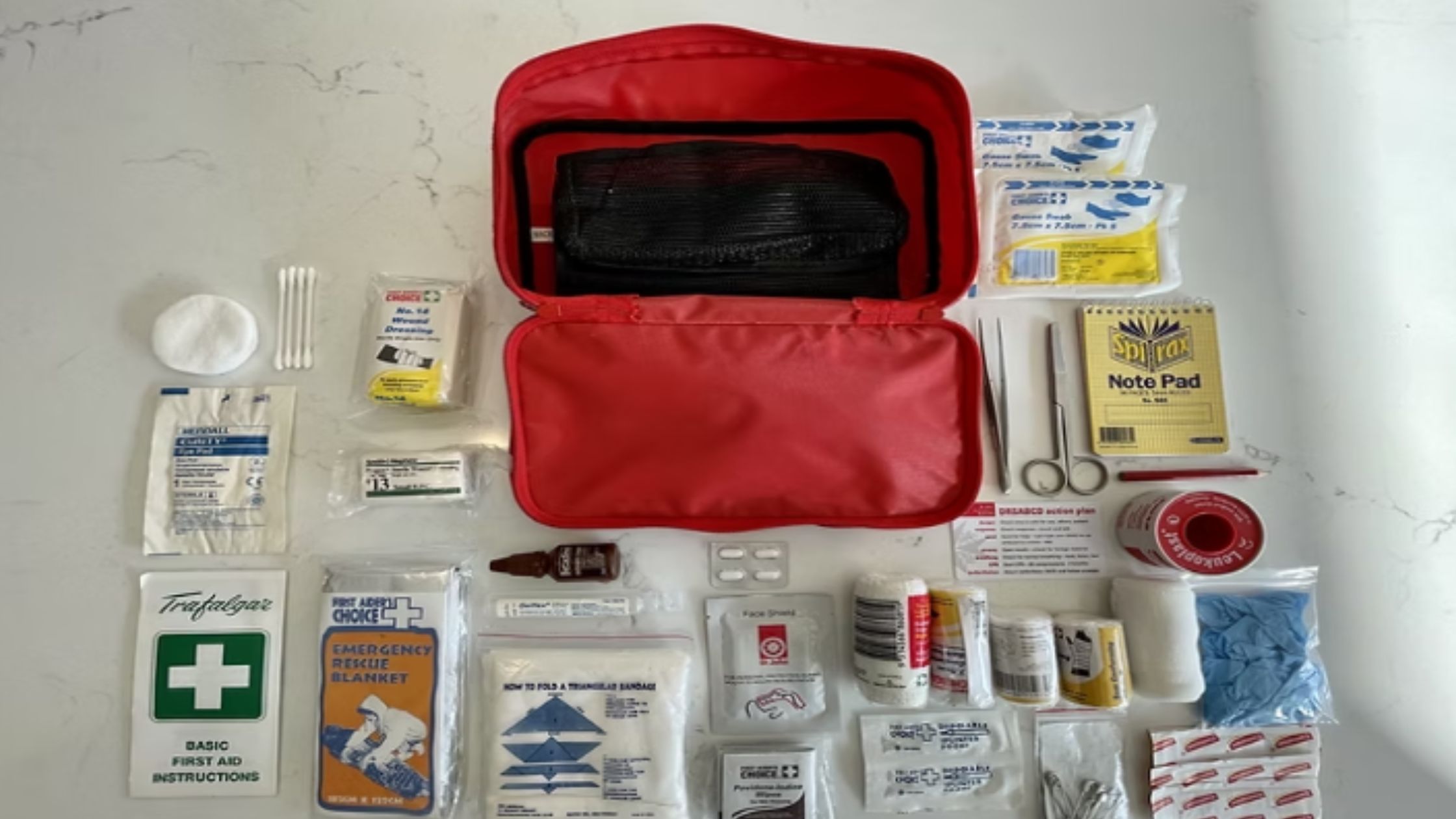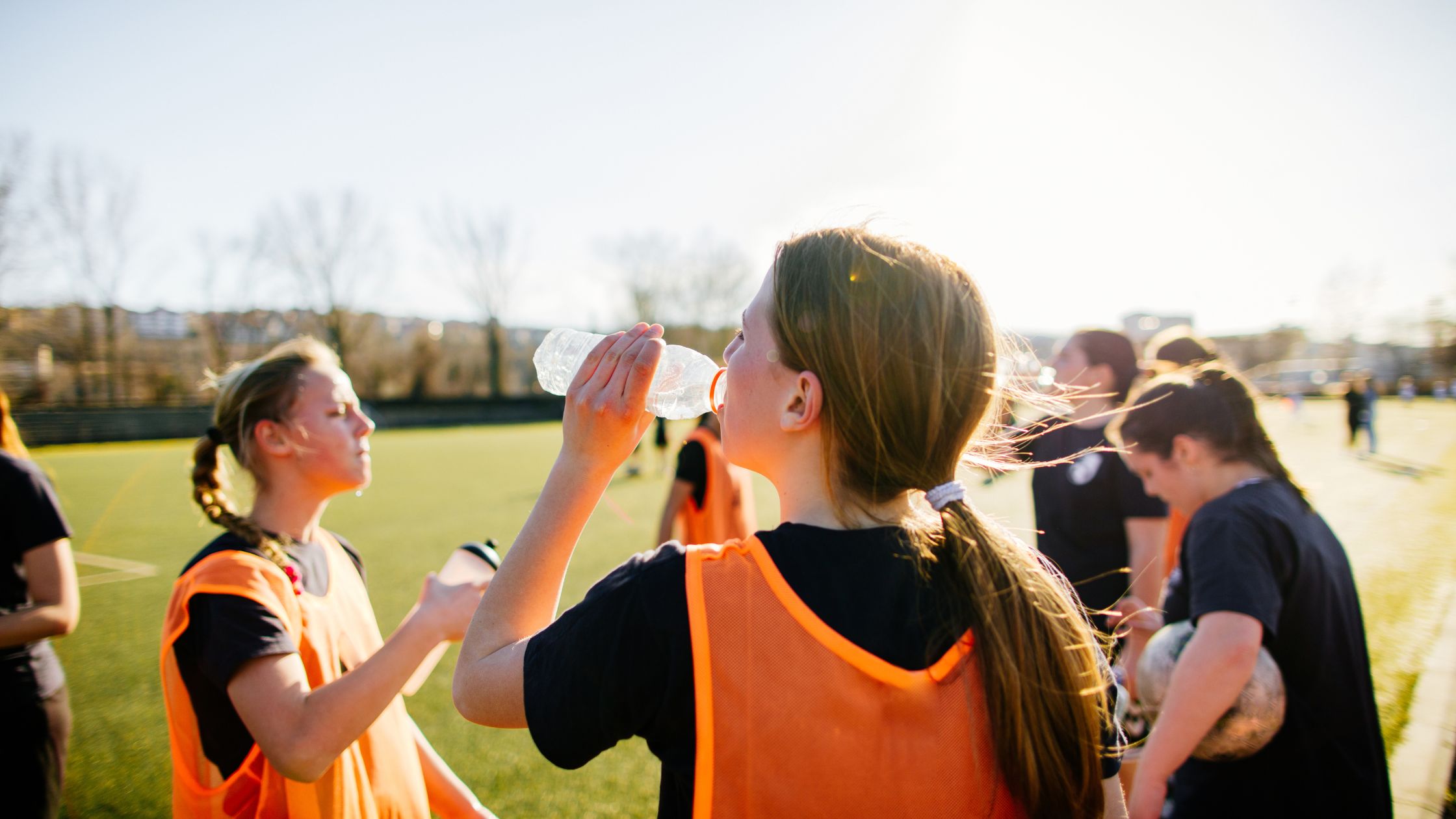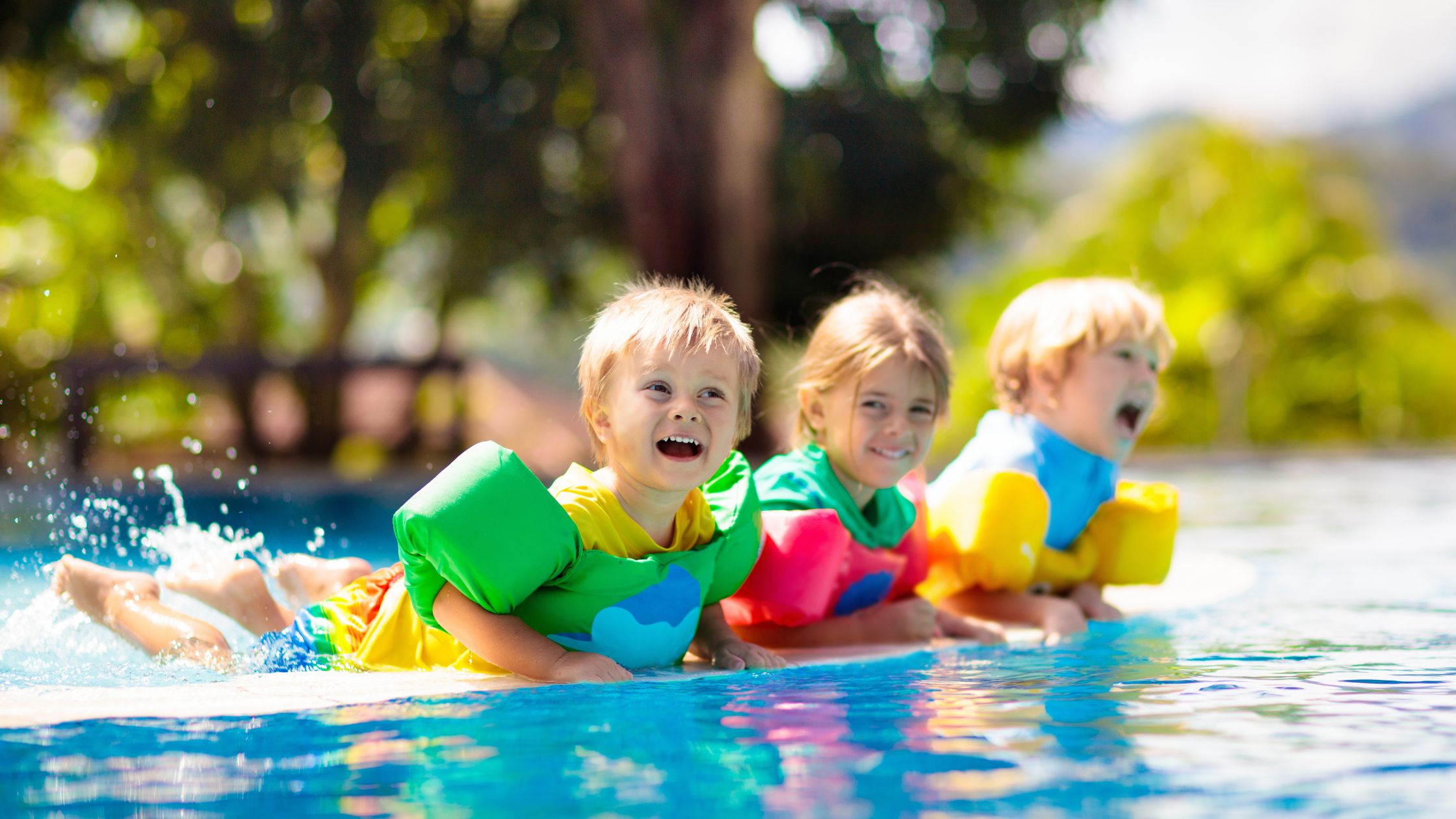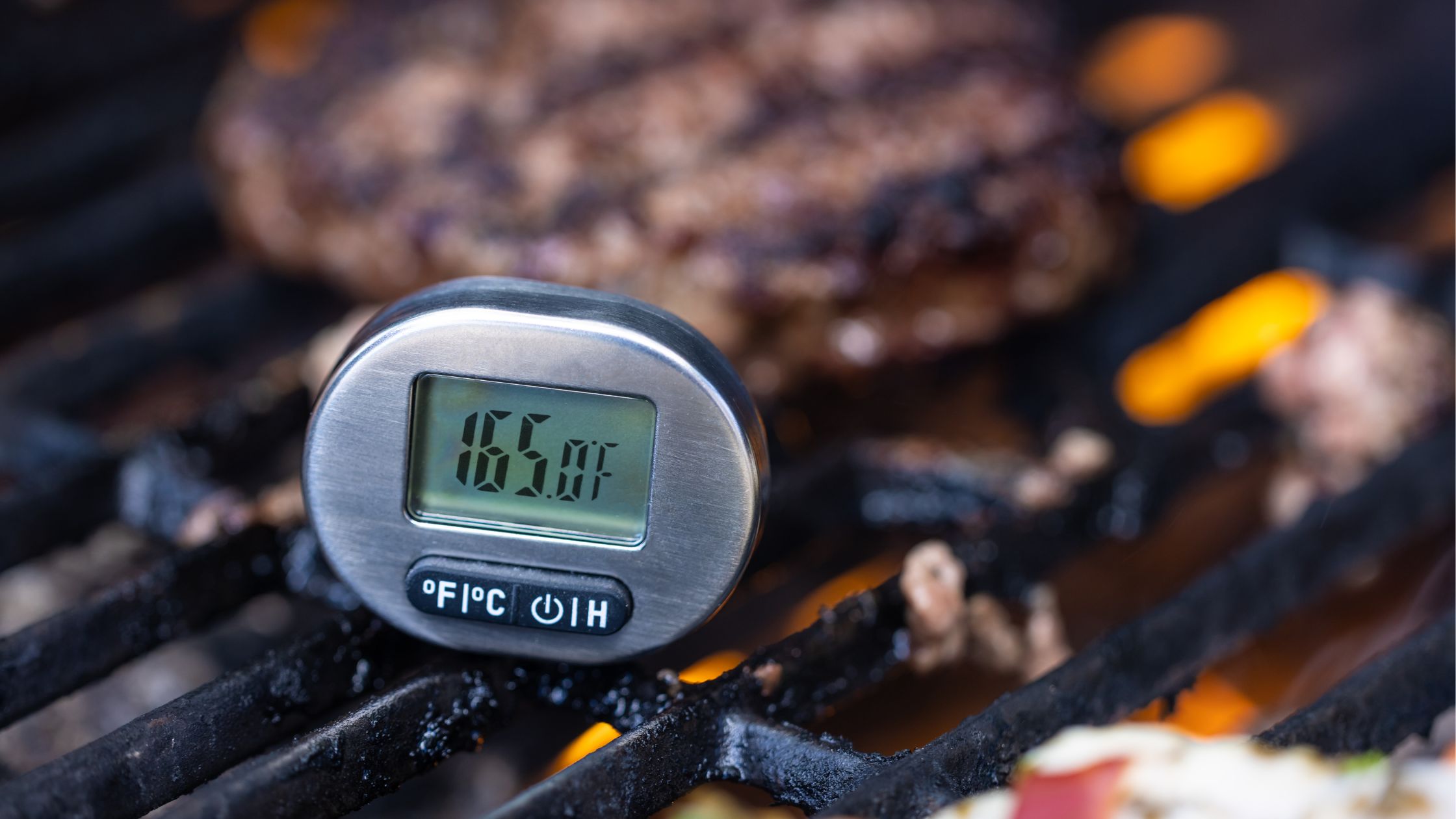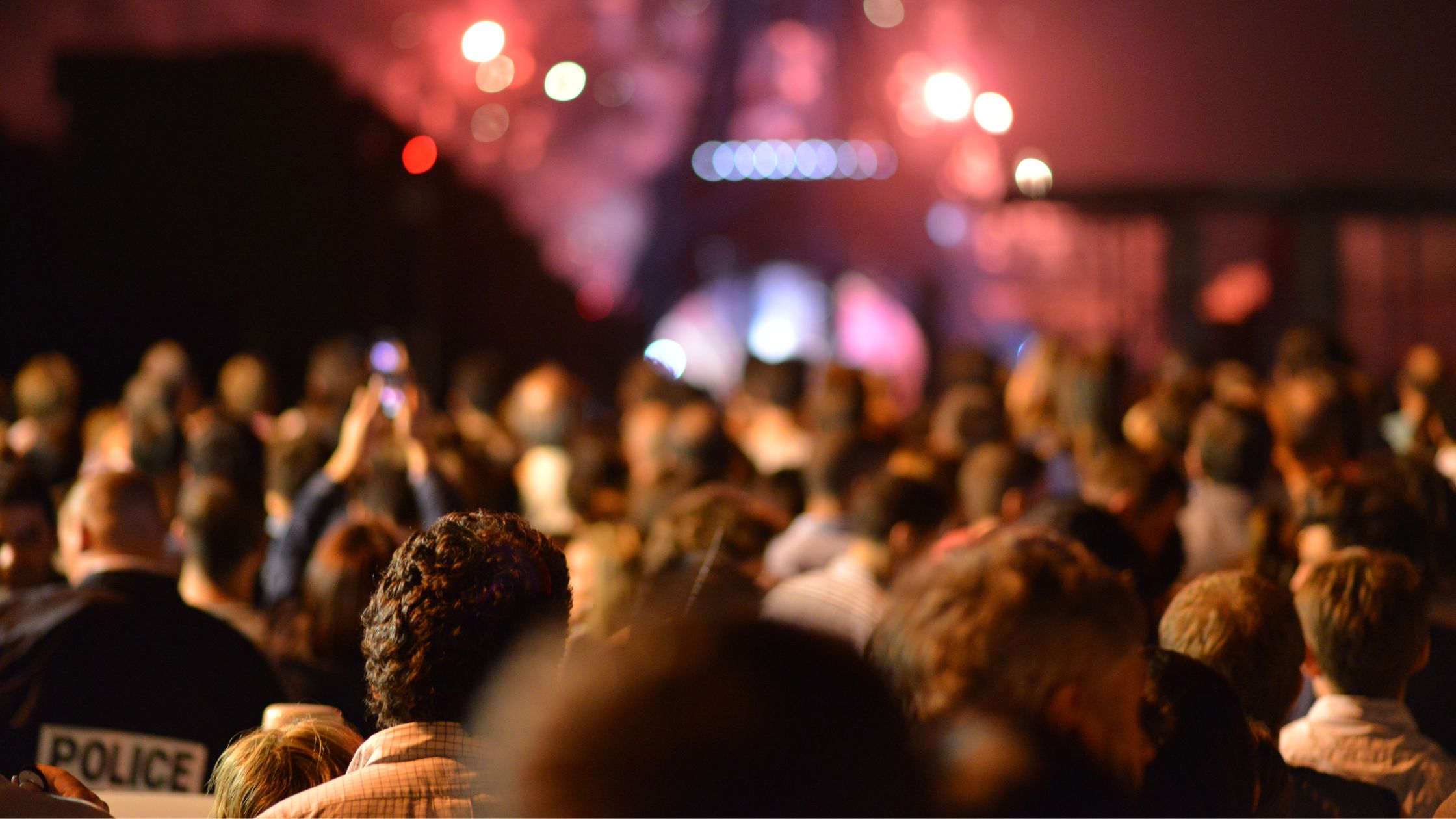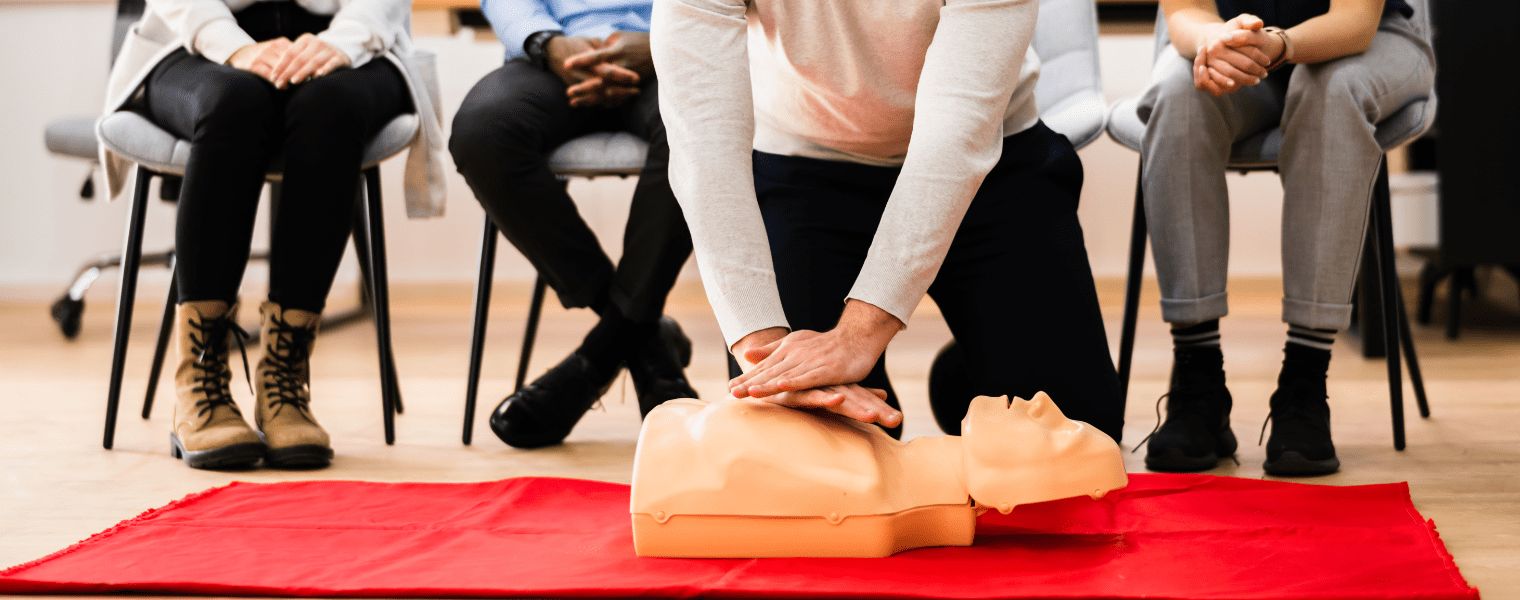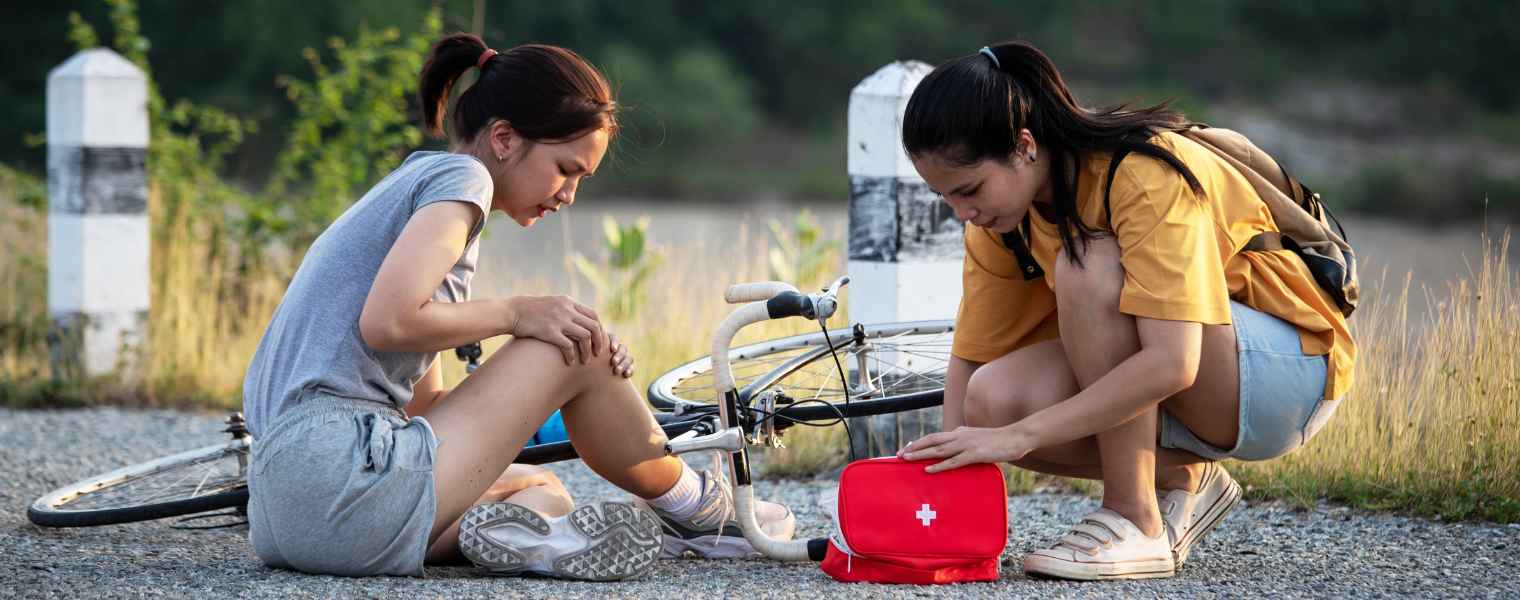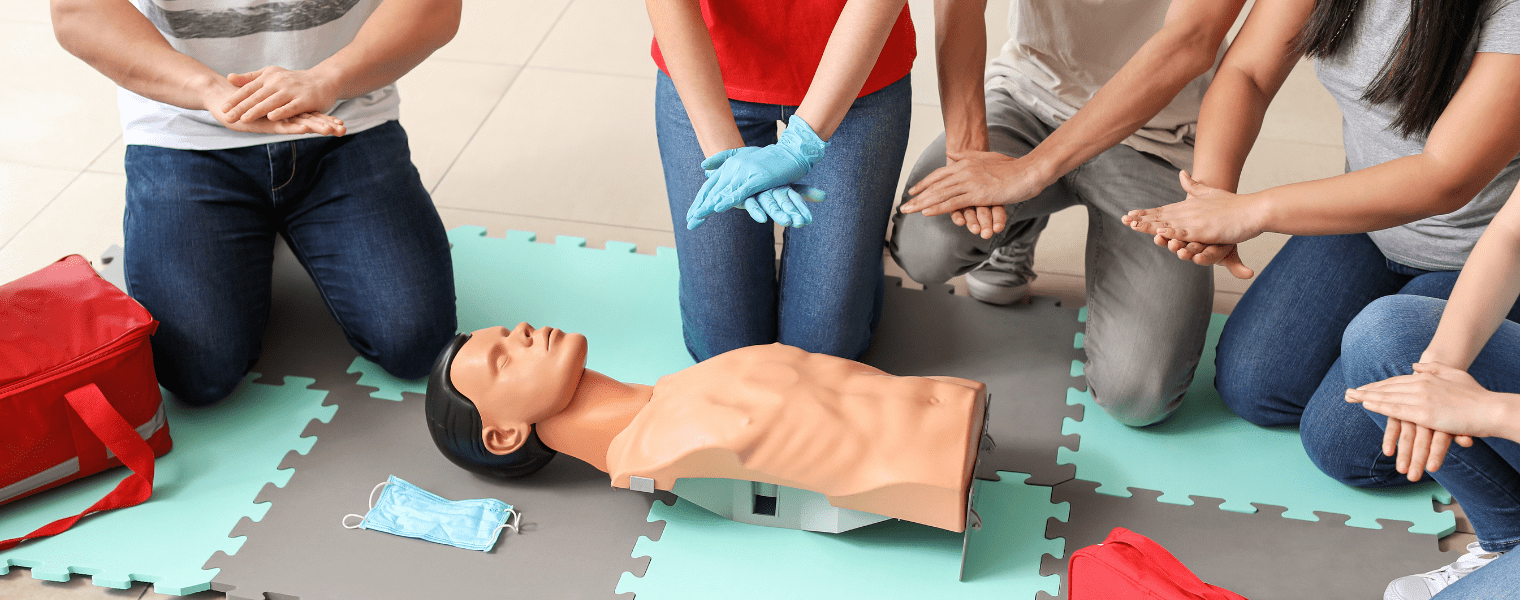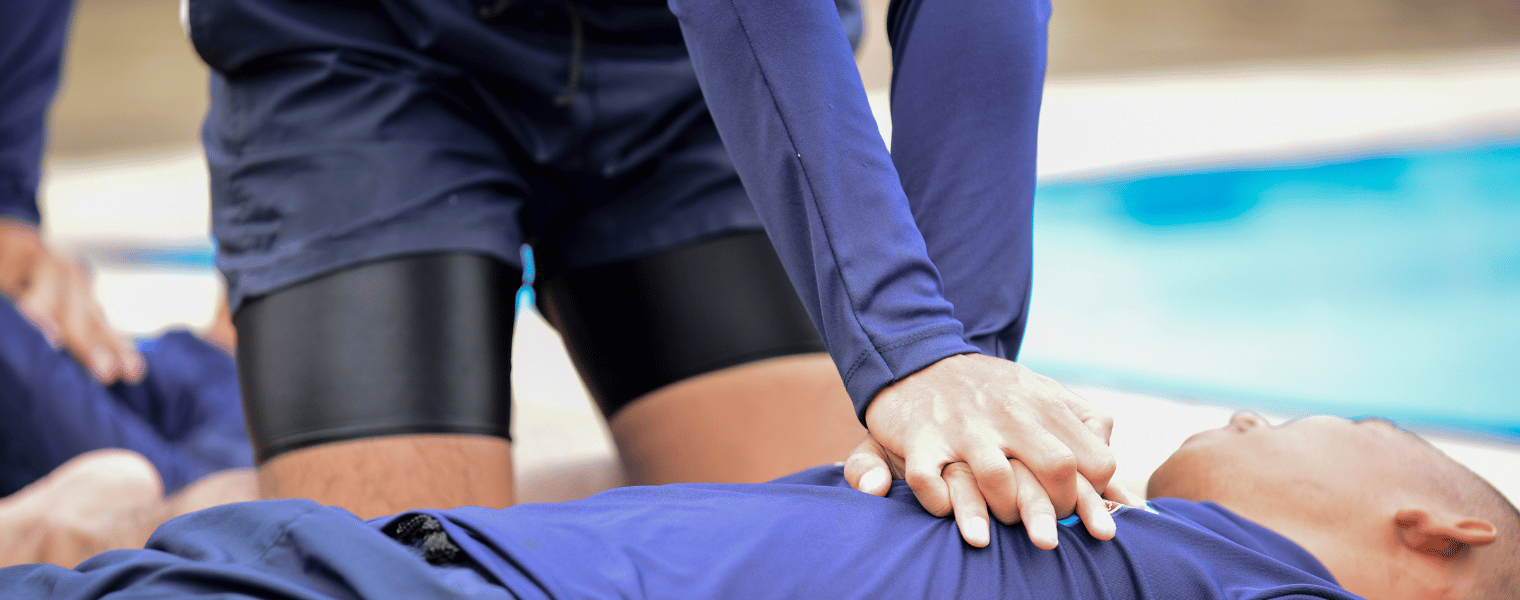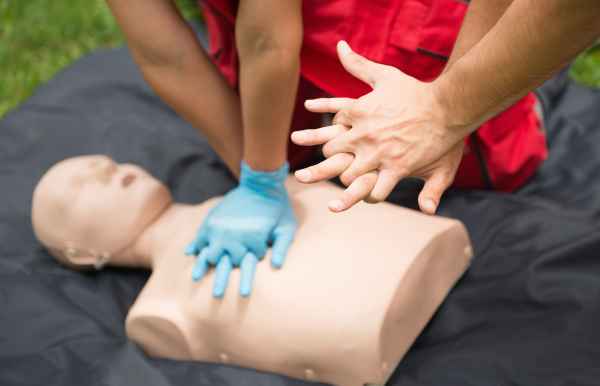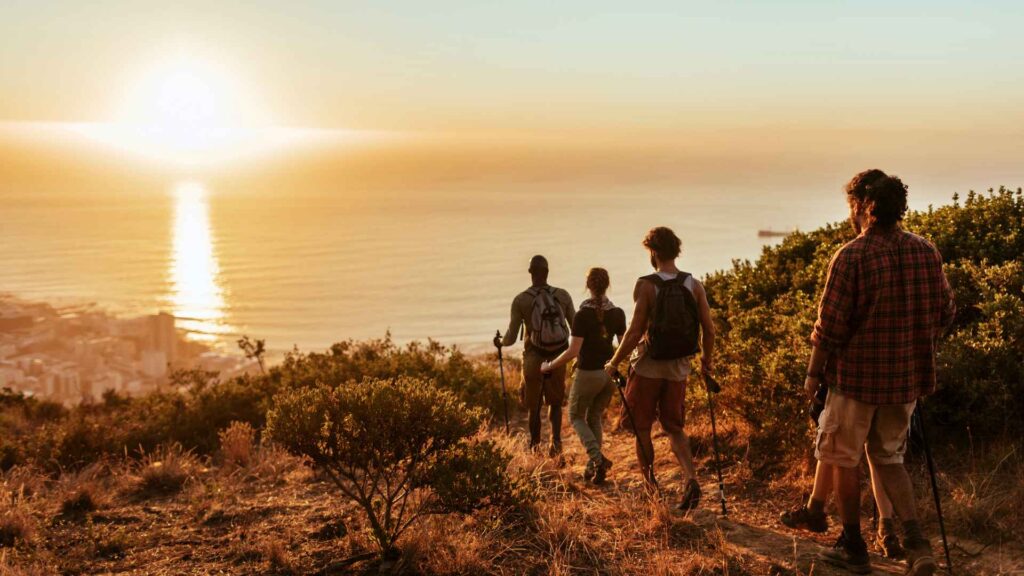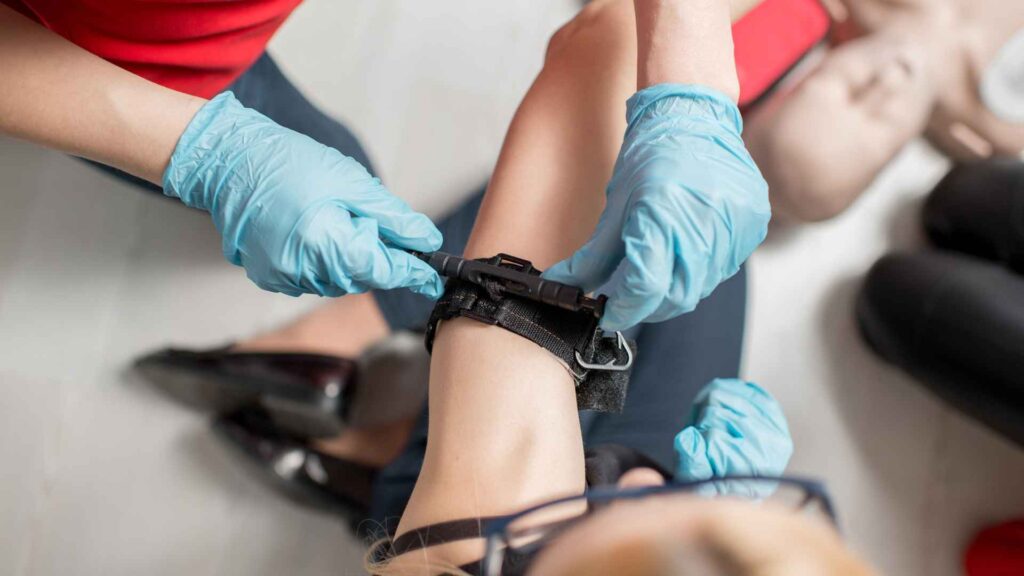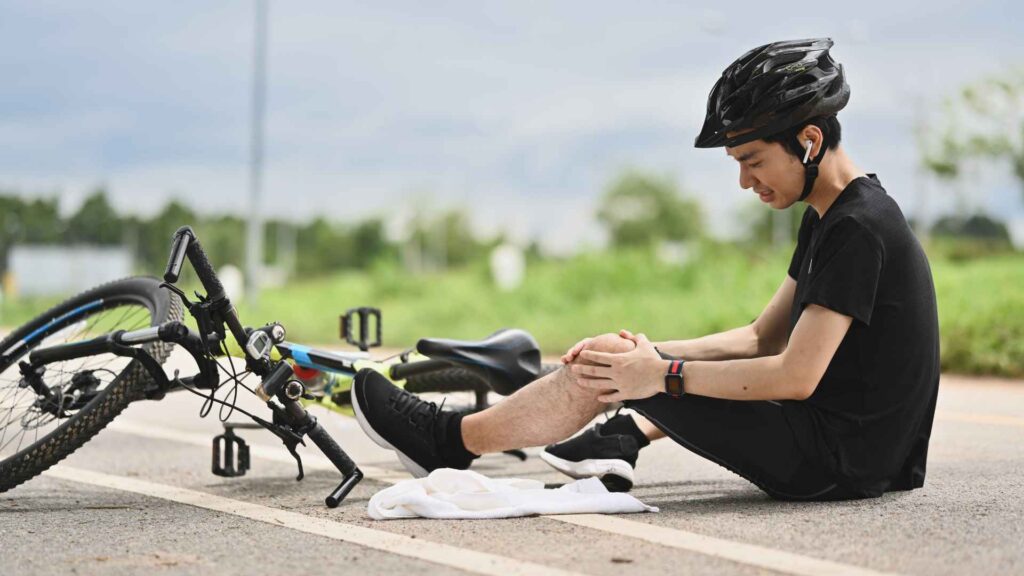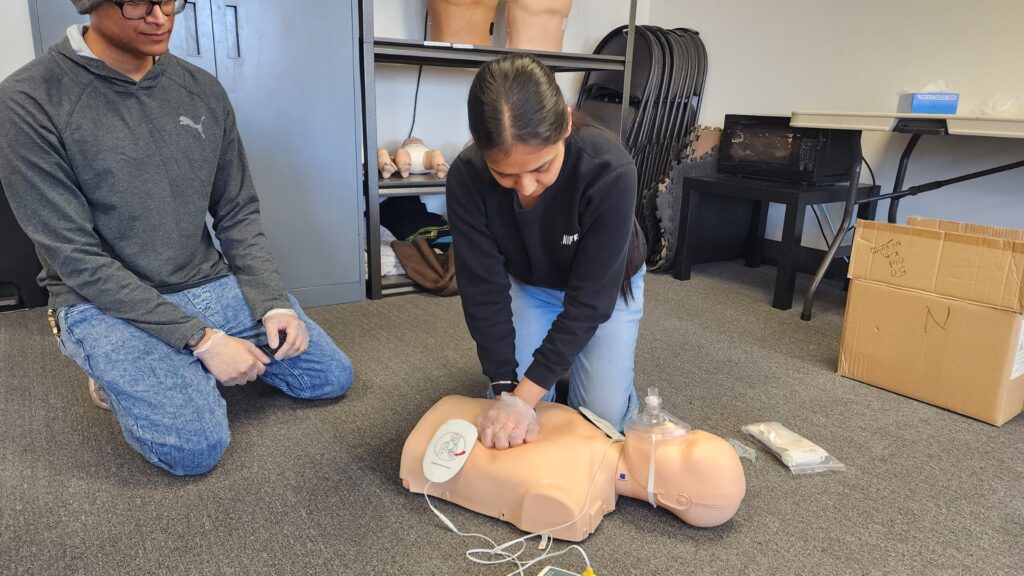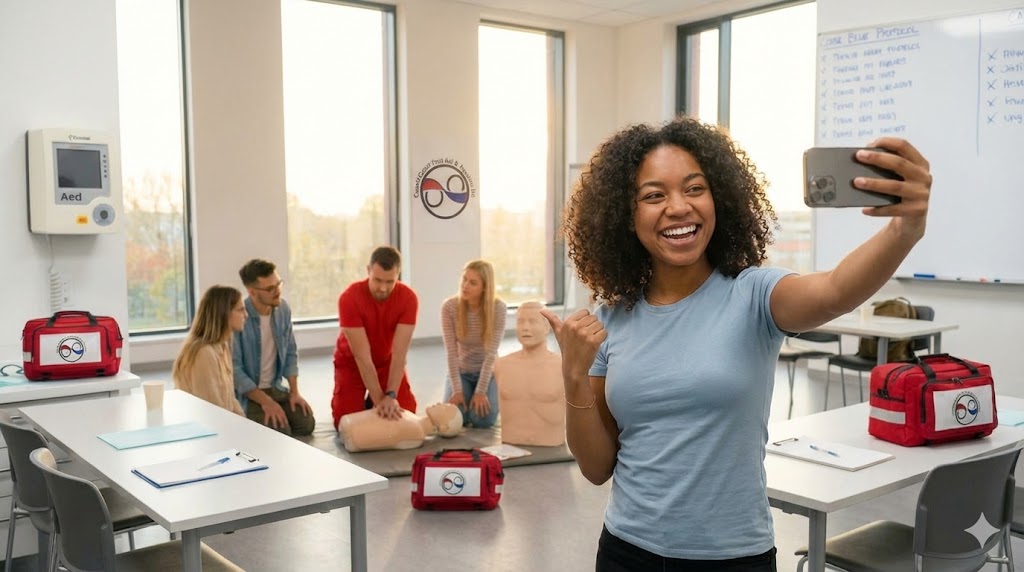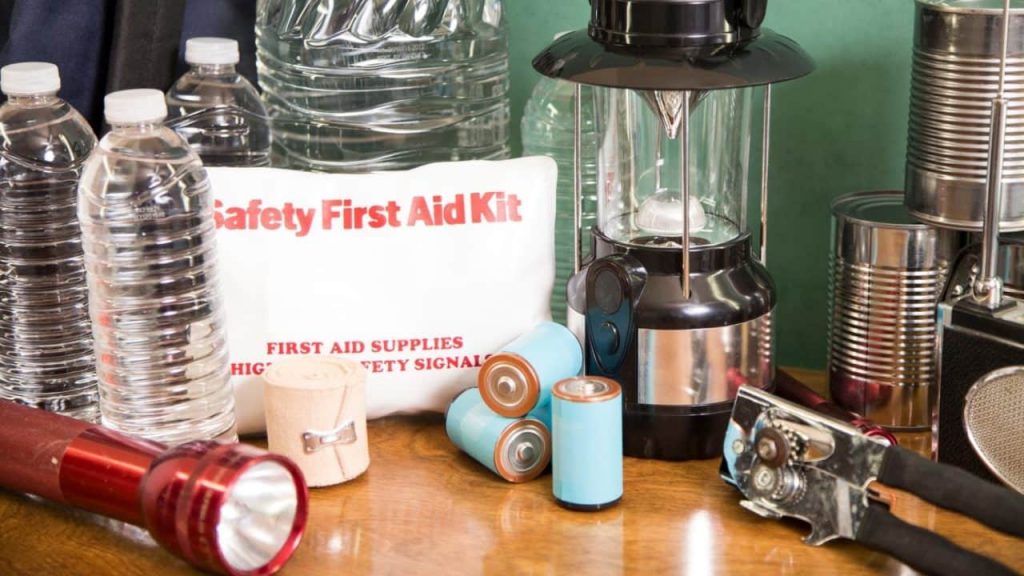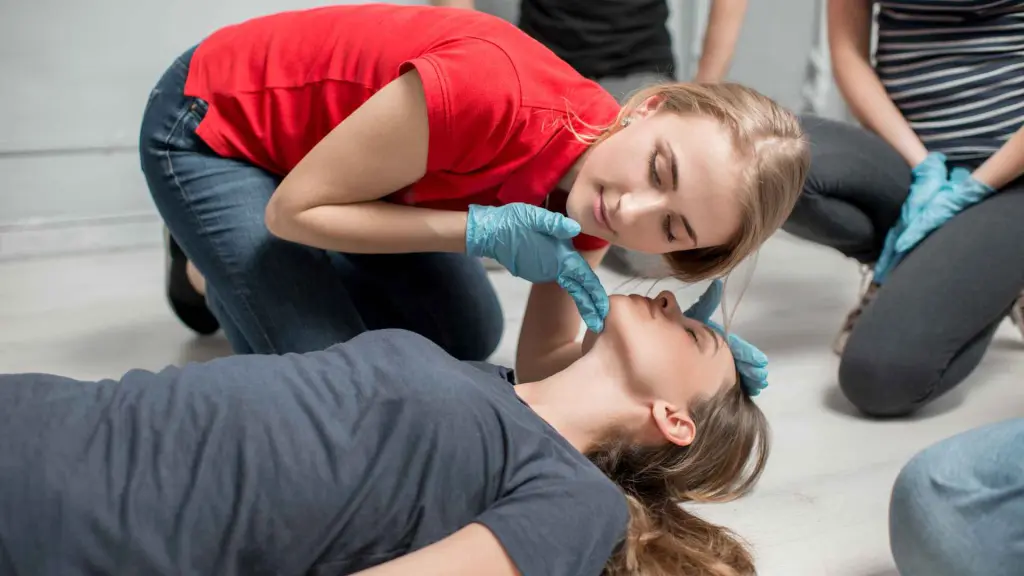Fireworks crackle, grills blaze, and flags wave; Canada Day marks more than a birthday; it celebrates a nation’s spirit. Behind the cheer lies a vital responsibility. As millions gather, safety becomes the quiet hero of every celebration. First aid experts offer timely tips to help Canadians enjoy July 1 with confidence, clarity, and care. Check out these 7 Canada Day safety tips to ensure a fantastic holiday!
Why Safety Matters on Canada Day
Emergency rooms see a surge in preventable injuries every Canada Day. Firework burns, lost children, heatstroke, dehydration, and water-related deaths rise sharply. Risks increase as holidays compress activity into one high-energy day. With lowered vigilance, accidents spike. Simple injuries go untreated, alcohol impairs judgment, and safety is overlooked. Preparation turns a potential disaster into a secure celebration. Safety isn’t optional, it’s essential.
7 Canada Day Safety Tips
1. Fireworks Safety
Fireworks dazzle Canada Day skies but demand caution. Proper handling, clear boundaries, and supervision prevent burns, eye injuries, and fires, ensuring celebrations remain safe and enjoyable for all ages.
Keep a Safe Distance
Fireworks explosions are gorgeous to the eye, accompanied by loud sounds; however, a closer proximity might mean that enjoyment becomes life-threatening. Large fireworks should always be kept at least 50 feet away, and sparklers at least 20 feet away. Provide restrictions involving cones or rope. Sparklers burn at temperatures exceeding 1,200°C, which is hot enough to cause severe injuries. The majority of the accidents happen within five feet after ignition. All fireworks should be handled with gloves and tools by adults.
Supervise Children Around Fireworks
Fireworks captivate children, but safety is crucial. Keep them away from ignition zones and never let them light or handle fireworks. If using sparklers, provide gloves. Set a kid-safe area at least 30 feet away from the main area. For burns or smoke exposure, use cool water and get medical help immediately.
Have Water or a Fire Extinguisher Nearby.
Canada Day fireworks raise fire risks; a spark in dry grass can ignite flames. Keep water, a hose, or an extinguisher nearby and ready. Connect hoses in advance. Act fast if a fire starts. Learn how to use an extinguisher (pull, aim, squeeze, sweep). Practice fire drills with family to prevent emergencies before they escalate. First aid experts include fire readiness in first aid & CPR guides.
2. Outdoor First Aid Preparedness
Canada Day often unfolds outdoors. Knowing how to treat scrapes, burns, and bites, and having a well-stocked first aid kit, prepares families to manage mishaps with skill and confidence.
Be Ready for Minor Injuries (like scrapes, burns, bug bites)
Canada Day events at parks, lakes, and neighbourhood gatherings increase the risk of minor injuries, such as scrapes, burns, and insect bites. Clean wounds, apply antibiotic ointment, and cover with gauze. Cool burns with water, not ice. Watch insect bites for allergic reactions and use antihistamine cream. First aid experts stress calm, quick care to avoid unnecessary emergencies.
Carry a Basic First Aid Kit
Wherever you celebrate Canada Day, bring a full first aid kit. Bring personal medications, bandages, gauze, gloves, sunscreen, bug repellent, antiseptic wipes, and burn ointment. Before July 1st, check supplies and use a waterproof container. Include a CPR and First Aid Guide for easy access. Kits should be kept in convenient locations for easy access, such as picnic baskets, backpacks, or glove boxes.
Know How to Respond to an Emergency
Emergencies such as choking, falls, or water accidents require immediate action. CPR and First Aid Training teaches chest compressions, AED use, bleeding control, and airway clearance. Training replaces panic with confidence. Available across Canada, including through Coast2Coast, certification prepares individuals to respond effectively, proving readiness and reducing preventable deaths during Canada Day and other celebrations.
3. Heat Safety and Hydration
Summer sun intensifies the risk. Recognizing the signs of heat illness and staying hydrated are essential for ensuring comfort and safety during parades, games, and outdoor events, particularly for children, the elderly, and individuals with underlying health conditions.
Recognize Signs of Heat Exhaustion and Heatstroke
Without proper attention, the Canada Day heat might result in severe illness. Nausea, headache, and dizziness; red, dry skin; and a rapid heartbeat are the signs. Shift the individual to a cooler environment, open the clothes, administer fluids, and use cold sponges. Dial 911 if the symptoms worsen. The first aid and CPR training focuses on how individuals can identify heatstroke promptly and act quickly to take life-saving measures.
Stay Hydrated
Hydrate early, before dehydration symptoms begin. Alcohol and activity speed up fluid loss. Bring water and skip sugary or caffeinated drinks. Children and seniors need extra care. Include hydrating foods like watermelon and cucumber. First aid experts stress the importance. At large events, water stations help prevent fainting, cramps, and fatigue.
Take Breaks in the Shade
Even lively Canada Day events need cool zones. Set up shaded areas with tents, umbrellas, or trees, and provide fans or misters to keep everyone cool. Encourage hourly breaks, especially for kids and seniors. Overheating causes fatigue and illness. First aid experts advise designing cool-down areas to support safer, more enjoyable outdoor celebrations as part of Canada Day safety tips.
Register for First Aid & CPR Training
Be the first to help when seconds count. Join our hands-on First Aid and CPR Training Program today, and gain real-world skills to handle emergencies and protect lives in your community.
4. CPR Awareness and First Aid Training
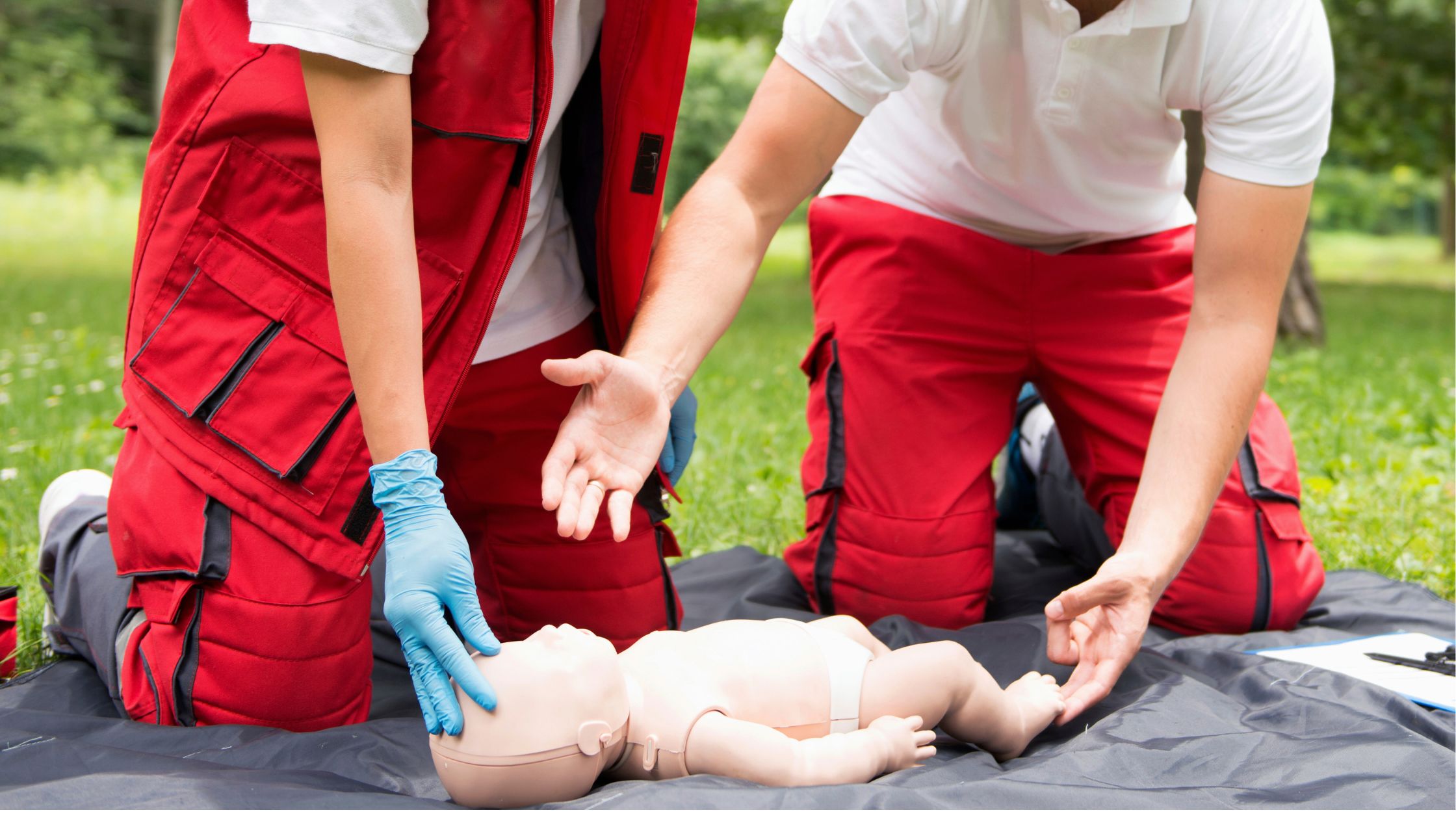
Encourage CPR Certification for Families
CPR certification equips Canadians to act during cardiac arrests before help arrives. Available nationwide online and in person, CPR and AED training turns everyday people into lifesavers. Experts suggest families make certification a Canada Day goal. Gifting a Coast2Coast course to teens, grandparents, or children 10 and older builds confidence and enables faster emergency response. These skills boost personal readiness and strengthen community safety as more people become capable first responders.
Host First Aid Demonstrations at Events
First aid demonstrations at Canada Day events teach vital skills, including CPR, bandaging, and AED use. Organizations like Coast2Coast can lead hands-on sessions that improve learning and engagement. Including booths or clinics in event plans blends education with celebration. Shared through schools or youth groups, these lessons build long-term community readiness.
5. Water Safety for Canada Day
From beaches to backyard pools, water activities define Canada Day celebrations. While proper supervision, life jacket use, and sober swimming remain essential foundations endorsed by Coast2Coast, building water confidence through lessons adds critical protection. Our mobile swimming program extends this opportunity directly to neighborhoods, offering professional instruction in local pools where beginners can safely develop skills before holiday gatherings. Remember: combining swim competency training with vigilant supervision and safety gear creates the most secure environment for festive water activities.
Supervise Kids Around Water
Beaches, pools, and lakes draw families on Canada Day, making child supervision essential. Rotate adults in short shifts and maintain constant eye contact. Drownings can happen even in shallow water. Keep flotation devices nearby, don’t rely solely on lifeguards, apply sunscreen, and dress kids in bright swimsuits for visibility.
Wear Life Jackets
Life jackets are essential near any open water, not just boats. Use Transport Canada-approved vests that fit well and fasten securely. Avoid inflatable toys as substitutes. Even strong swimmers can face fatigue or cramps. Many rescues involve missing or poorly fitted vests. Wearing one ensures safety and encourages kids to do the same.
Avoid Alcohol While Swimming or Boating
Activities involving alcohol and water don’t mix. It increases risk by impairing judgment, coordination, and reaction time. Alcohol is a factor in more than 40% of water-related fatalities. When swimming, boating, or watching kids, stay sober. Assign designated boat drivers and create “dry zones.” Drinking after activities encourages safer enjoyment.
Register for Mobile Swimming Program
Jumpstart essential water safety skills for your family or community! Register for our mobile swimming program today, bringing expert-led lessons directly to your neighborhood pool, school, or backyard. Gain lifesaving abilities while building confidence in and around water.
6. BBQ and Food Safety
Grilling brings people together, but food safety must lead the feast. Avoid cross-contamination and maintain proper temperatures.
Handle Food with Care
Always thaw meat in the fridge, not on counters. Use separate boards for raw and cooked foods to avoid cross-contamination. Marinate and store meat in the fridge. Cook chicken to 74°C, burgers to 71°C, and clean all tools. Avoid reusing marinades or plates. Safe BBQ practices prevent foodborne illness and ensure a fun celebration.
Keep Hot Foods Hot and Cold Foods Cold
Safe temperatures prevent bacterial growth. Keep hot foods above 60°C and cold foods below 4°C using insulated containers or ice-packed coolers. Don’t leave food out over two hours, or one hour in 30°C+ heat. When unsure, discard it. Many Canada Day illnesses stem from improper food storage and handling, experts warn.
Watch for Allergies and Cross-Contamination
Food allergies can escalate quickly. Label dishes clearly, noting common allergens like nuts, dairy, gluten, and shellfish. Use separate tools for allergen-free meals and clean surfaces thoroughly. Ask guests about allergies ahead of time. Keep EpiPens handy, know how to use them, and call 911 if needed. Quick action ensures safe, inclusive celebrations.
7. Crowd Safety and Public Event Preparedness
Large-scale Canada Day events pose risks. Planning exits, avoiding congested areas, and identifying emergency contacts helps keep families protected, mobile, and ready to act in the event of the unexpected.
Plan Entry and Exit Routes
Canada Day crowds cause congestion and delay emergency response. Plan ahead: identify exits, landmarks, and a family meeting spot. Locate First Aid tents and responders. Use transit apps to avoid delays. Take photographs of kids’ outfits for easy identification. Sharing event maps and emergency contacts helps ensure safety. Advance planning is key for every family.
Avoid Overcrowded Zones
Crowded areas increase the risk of fainting, sprains, or panic. Stay clear of packed zones near fireworks, food stalls, or stages. Perimeter spots offer better visibility and exits. Leave space for strollers and wheelchairs. Sit when possible and move slowly. Event organizers should manage the crowd size. CPR and First Aid Training prepare people to assist in such situations.
Know Emergency Contacts and Locations
Before Canada Day, save key numbers: 911, event security, family members, etc. Write contact info on kids’ wristbands. Know where help is located. A fast response often saves lives. Combining tech tools with practical awareness helps everyone stay safe during crowded celebrations and potential emergencies.
Be Prepared with First Aid and CPR Training
Canada Day’s large crowds, fireworks, and outdoor fun can quickly turn into emergencies. CPR and First Aid training from Coast2Coast prepares Canadians to respond to cardiac arrests, burns, or allergic reactions with prompt and effective care. These essential, hands-on skills are taught in accessible certification programs throughout the nation. Having trained individuals at events, homes, or workplaces boosts safety, builds trust, and ensures a quicker response in crisis situations. Coast2Coast training strengthens Canada’s readiness for both joyful celebrations and life-saving moments.
Final Canada Day Safety Reminders
- Stay back from fireworks and supervise children closely.
- Carry a first aid kit and know how to treat burns, scrapes, and bites.
- Watch for signs of heat exhaustion and heat stroke and stay hydrated.
- Use life jackets and supervise children around water.
- Grill safely and prevent cross-contamination.
- Get CPR & first aid training from Coast2Coast; be ready to respond.
Celebrate Safely with Coast2Coast First Aid
Canada Day is a time for joy, unity, and unforgettable moments, but safety should always take precedence over celebration. Coast2Coast First Aid & Aquatics Training empowers Canadians with the life-saving skills needed to respond confidently in any emergency. With nationally recognized CPR and first aid certification programs, both in-person and online, Coast2Coast ensures every family, event, or workplace is prepared.
Click the link below to explore course options tailored to your needs. Celebrate confidently, protect your loved ones, and build a safer community, one trained Canadian at a time. This Canada Day, safety starts with Coast2Coast.
Register for First Aid Training & CPR Course
Take the first vital step toward becoming a certified lifesaver by registering for your First Aid and CPR certification today, empowering you to protect families, workplaces, and communities.
